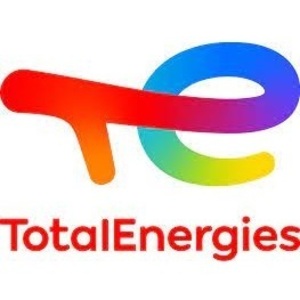TotalEnergies: SATORP converts USO into ISCC+ certified SAF

November 28, 2023
BY TotalEnergies
SATORP, platform jointly owned by Aramco (62.5 percent) and TotalEnergies (37.5 percent), has for the first time in the MENA region successfully converted used cooking oil through coprocessing into ISCC+ certified sustainable aviation fuel (SAF).
Last August, the platform successfully co-processed used cooking oil in the low-pressure hydrodesulphurization unit (LPHDS), producing SAF, meeting all product quality parameters within the SAF specifications. TotalEnergies contributed thanks to its experience and expertise to this realization.
Advertisement
SATORP has received International Sustainability and Carbon Certification (ISCC+) to produce SAF. With this certification, the platform will be able to respond the expected rise in SAF demand in the Kingdom of Saudi Arabia.
The sustainable aviation fuels produced from UCO reduces CO2 emissions by at least 80 percent on average over the entire lifecycle, compared with their fossil equivalent.
Advertisement
With this success, TotalEnergies through its platform located in Jubail keeps developing its portfolio of circular products. SATORP has previously announced converting oil derived from plastic waste into ISCC+ certified circular polymers.
Francois Good, senior vice president, refining and petrochemicals Africa Middle East and Asia at TotalEnergies, said, “This project at SATORP is part of TotalEnergies’ aim to produce 1.5 million tons/y of SAF by 2030. Sustainable aviation fuel is essential to reducing the CO2 emissions of air transport, and its development is fully aligned with the Company's climate ambition to get to net zero by 2050, together with society.”
Related Stories
Iowa farmers have a new market opportunity for their 2025 soybean crop. Landus is expanding its Clean Fuel Regulation initiative, made possible by recent policy changes expected to increase Canada's demand for liquid biofuel.
Topsoe, a leading global provider of advanced technology and solutions for the energy transition, has been selected as the renewable diesel technology partner for CountryMark’s Mount Vernon, Indiana refinery.
The U.S. exported 35,953.6 metric tons biodiesel and biodiesel blends of B30 or greater, according to data released by the USDA Foreign Agricultural Service on Aug. 5. Biodiesel imports were at 2,148.9 metric tons for the month.
XCF Global leverages Alfa Laval technology to enhance pretreatment capabilities at New Rise Reno facility
XCF Global Inc. on Aug. 5announced it leverages Alfa Laval Inc. pretreatment technology at its New Rise Reno biorefinery, a sustainable aviation fuel (SAF) plant located in Nevada. The pretreatment technology enhances feedstock flexibility at the plant.
U.S. Secretary of Agriculture Brooke L. Rollins on Aug. 1 announced the opening of a 30-day public comment period for stakeholders to provide feedback on the department’s reorganization plan, as outlined in the memorandum released July 24.
Upcoming Events










